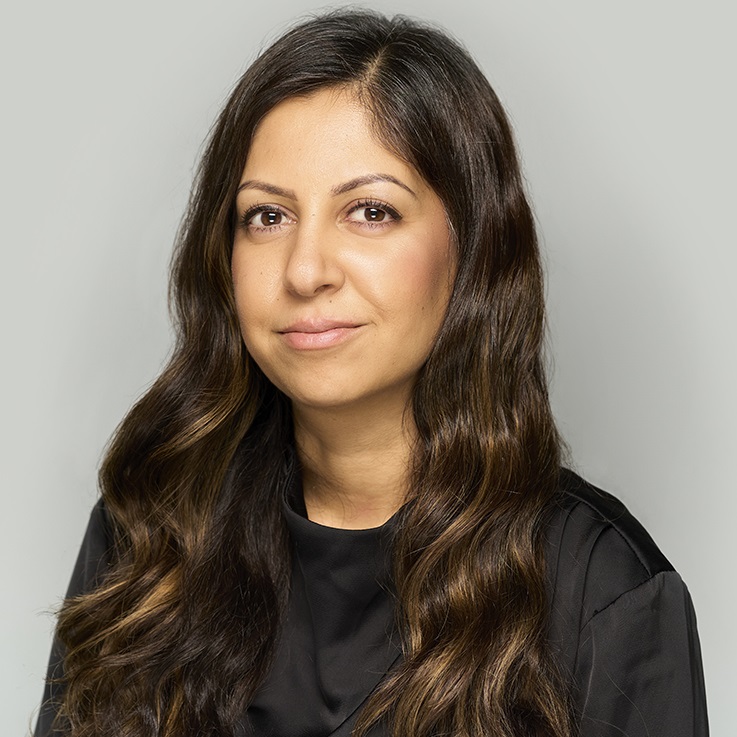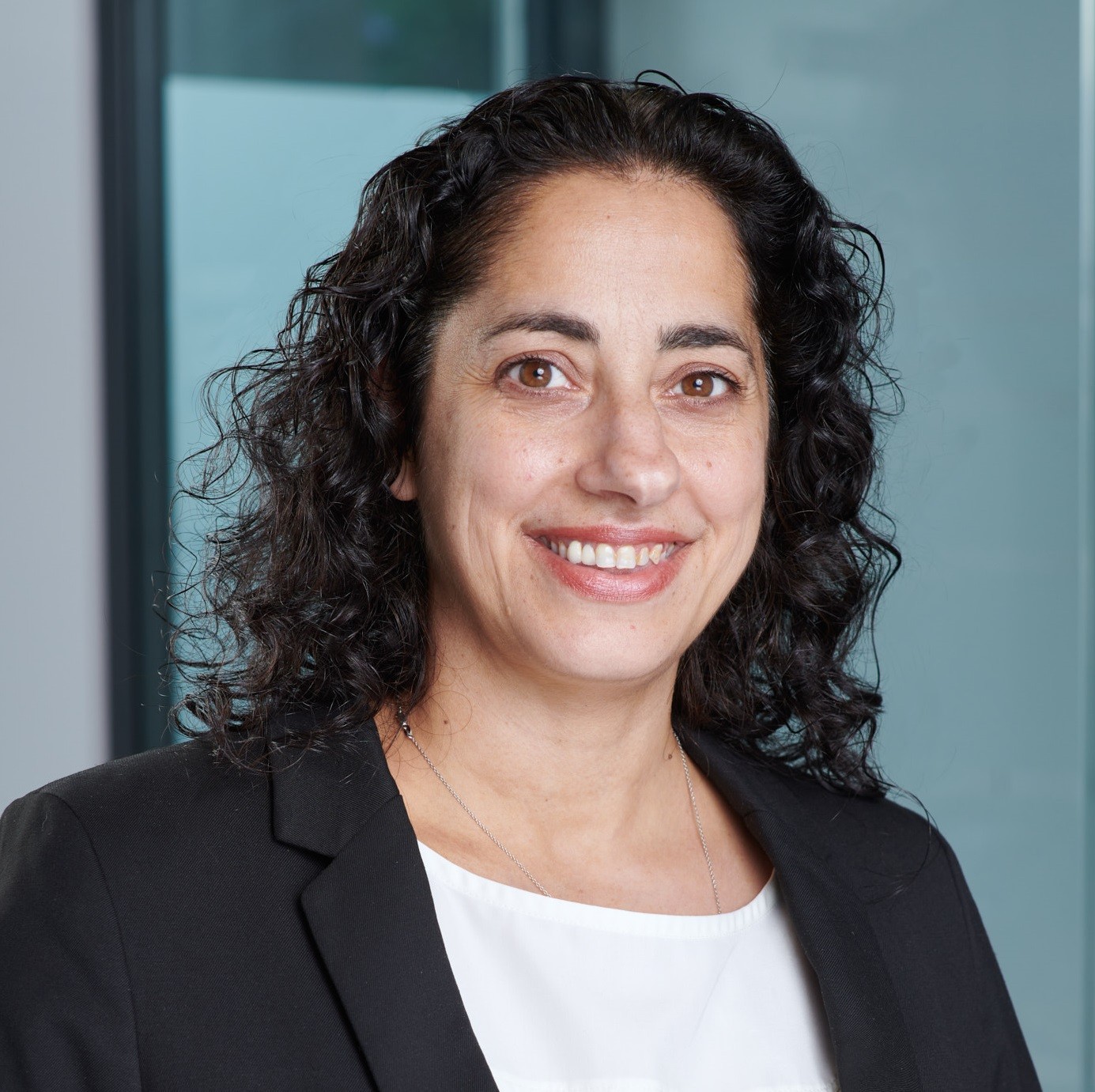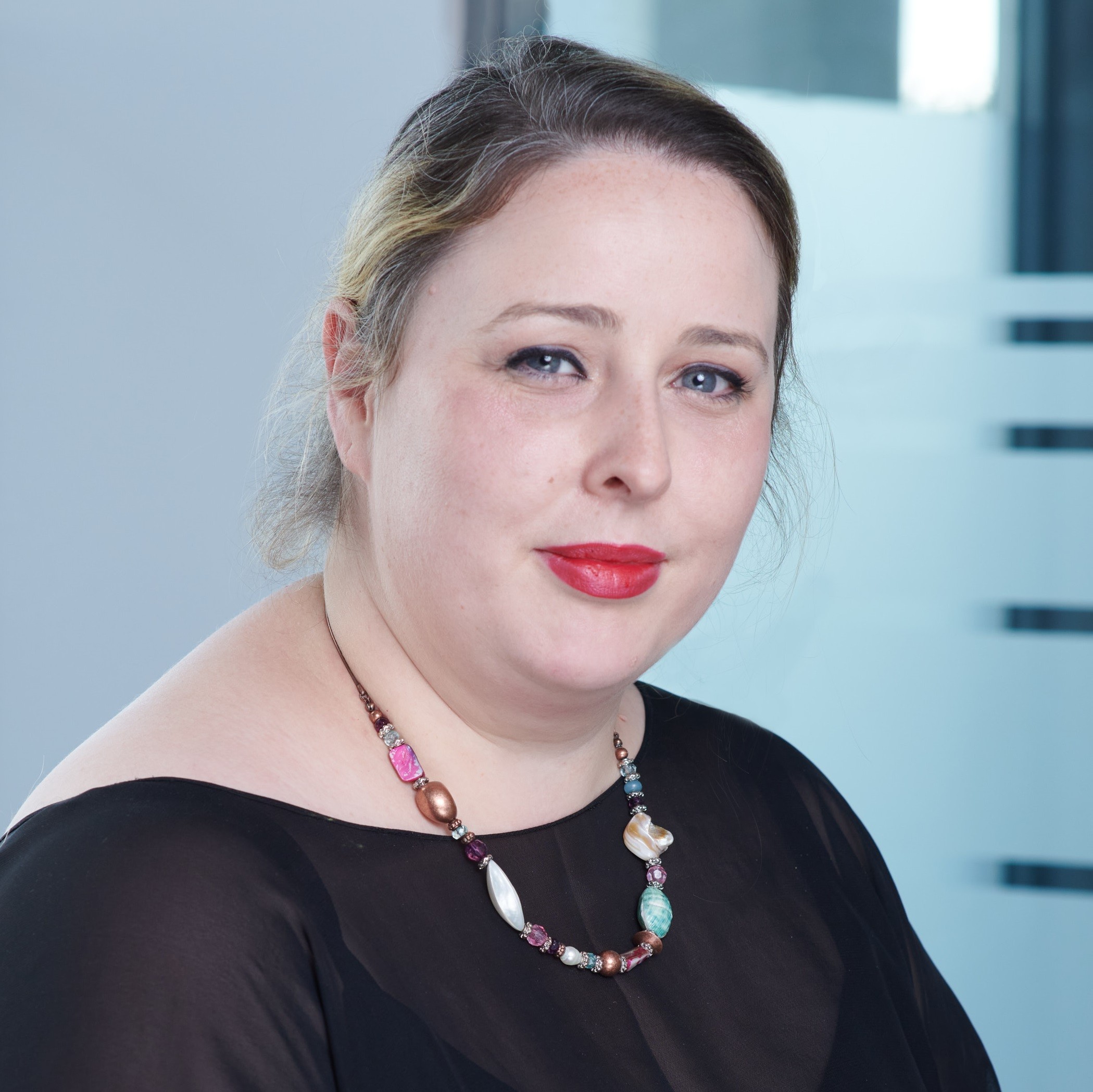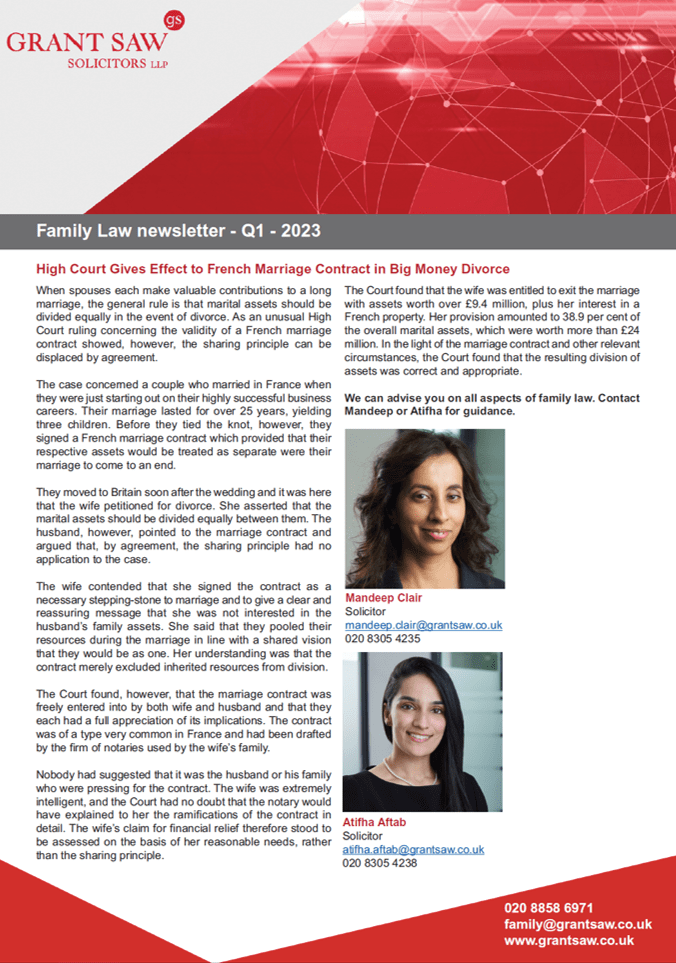This service would be important to the parents or close relatives of children who are concerned about the living and contact arrangements for children with whom they have a close relationship, for instance when a parent or grandparent does not feel that they are being allowed sufficient contact with their child or grandchild. There may also be situations in which a parent or other relative is concerned that the child is not being looked after properly by the parent with whom they are living and that they would be better off living elsewhere, and they may want advice on what steps they can take.
It can be a difficult subject to approach and many may find they get nowhere in discussions directly with the other party or find it difficult to raise the subject at all. They may feel that the best course of action would be to seek advice from legal professionals.
How does the process work?
There are three ways in which it may be possible to resolve these disputes:
(a) It may be possible to reach agreement directly between the parties just by discussion, helped by solicitors, in which case as long as the terms of agreement are confirmed in writing and both parties have a copy of that it may not be necessary to formalise the arrangements any further if both parties are agreed on them.
(b) There are a number of local mediation services available. We can provide advice to you regarding this, such as how the mediation is likely to work and to obtain costs estimates for the mediation. Grant Saw could also support you by being on hand to talk about issues which arise from the mediation via telephone or at a meeting whilst the mediation is ongoing. We could also then assist in formalising any agreement which is reached following the mediation.
(c) If mediation is refused or does not work, or it is not considered appropriate to your personal circumstances, then a more formal method of sorting out the problems over the arrangements for the children is available through the local county court. A parent or close relative of the children will file the relevant court form and pay a fee (presently £215) to start the process. The court office will then fix a date for a first hearing. At this hearing the Judge will be sitting with a Welfare Officer from CAFCASS to try to help the parties to reach an agreement themselves before proceeding further with the court process.
If, after the first hearing, the parties are not agreed on what arrangements are best for the child then the Judge will make some court orders as to what needs to happen before there can be a final contested court hearing to determine the issue of what arrangements for the children are in dispute. That normally involves both parties filing detailed written statements giving their views on what the best arrangements are for the children.












































